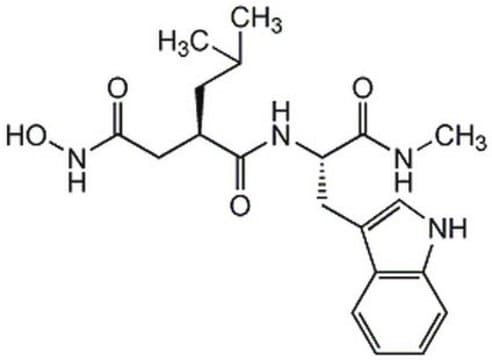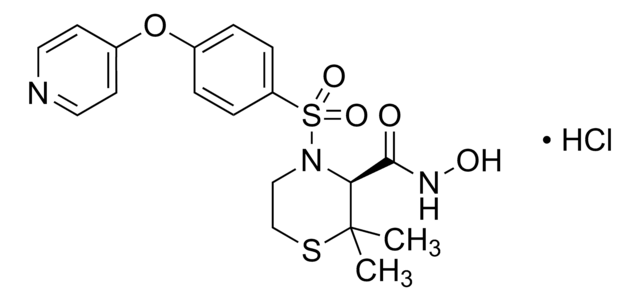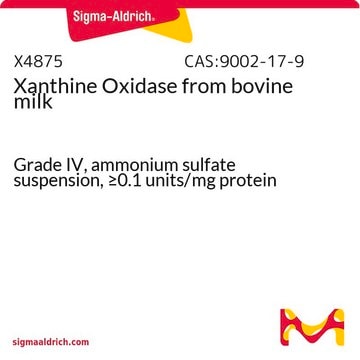SML1285
Febuxostat
98.5-102.0% (dry basis), powder, xanthine oxidase inhibitor
Synonym(s):
2-(3-Cyano-4-isobutoxyphenyl)-4-methyl-1,3-thiazole-5-carboxylic acid, Adenuric, Atenuri, Uloric
About This Item
Recommended Products
product name
Febuxostat, 98.5-102.0%
Quality Level
Assay
98.5-102.0%
form
powder
storage temp.
2-8°C
SMILES string
CC(C)COC1=C(C#N)C=C(C2=NC(C)=C(C(O)=O)S2)C=C1
InChI
1S/C16H16N2O3S/c1-9(2)8-21-13-5-4-11(6-12(13)7-17)15-18-10(3)14(22-15)16(19)20/h4-6,9H,8H2,1-3H3,(H,19,20)
InChI key
BQSJTQLCZDPROO-UHFFFAOYSA-N
General description
Biochem/physiol Actions
Caution
Storage Class Code
11 - Combustible Solids
WGK
WGK 3
Flash Point(F)
Not applicable
Flash Point(C)
Not applicable
Certificates of Analysis (COA)
Search for Certificates of Analysis (COA) by entering the products Lot/Batch Number. Lot and Batch Numbers can be found on a product’s label following the words ‘Lot’ or ‘Batch’.
Already Own This Product?
Find documentation for the products that you have recently purchased in the Document Library.
Customers Also Viewed
Our team of scientists has experience in all areas of research including Life Science, Material Science, Chemical Synthesis, Chromatography, Analytical and many others.
Contact Technical Service












